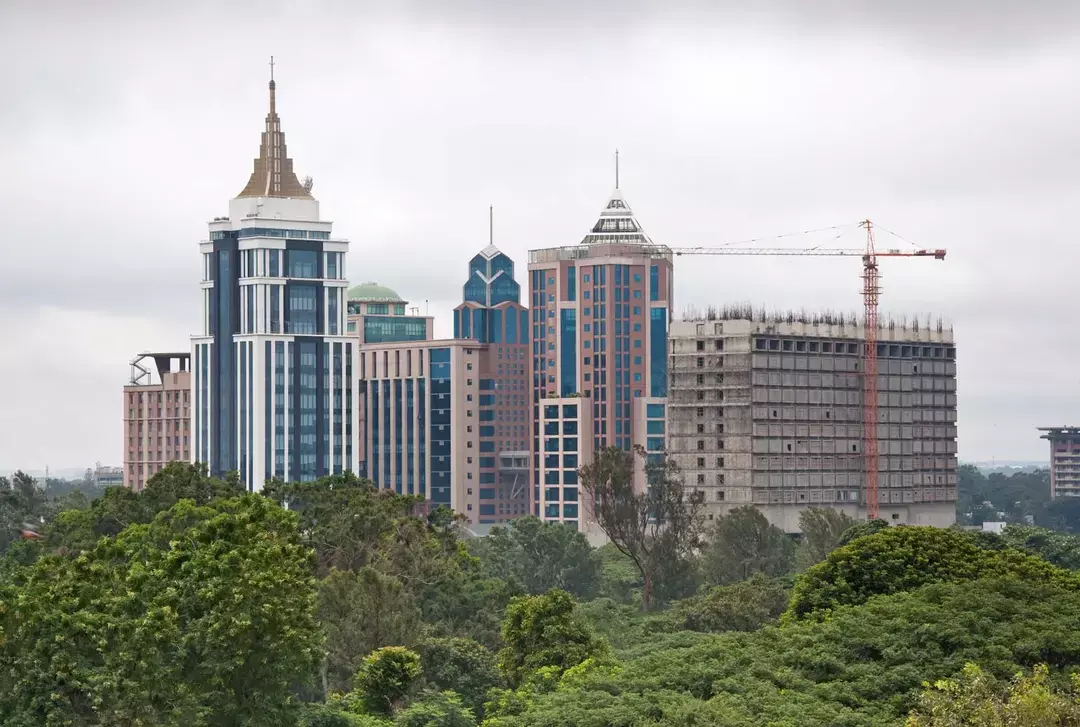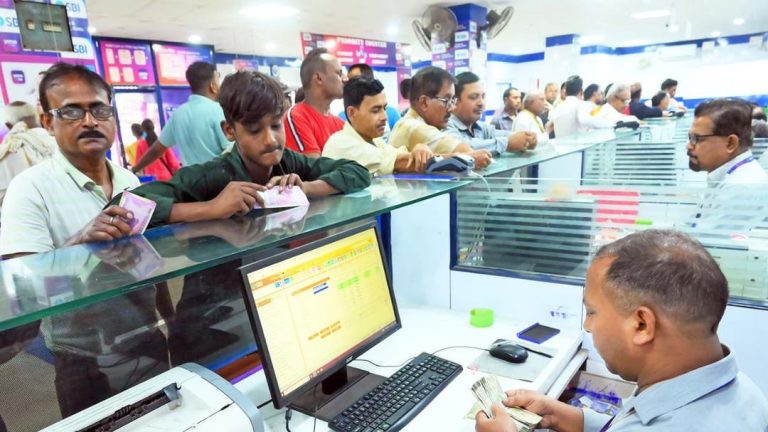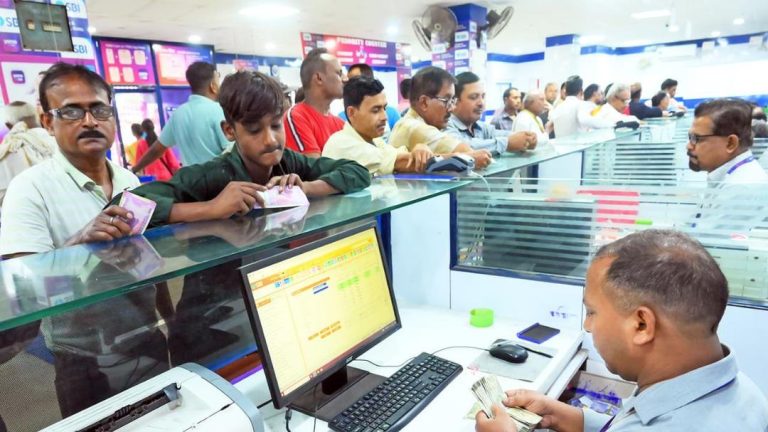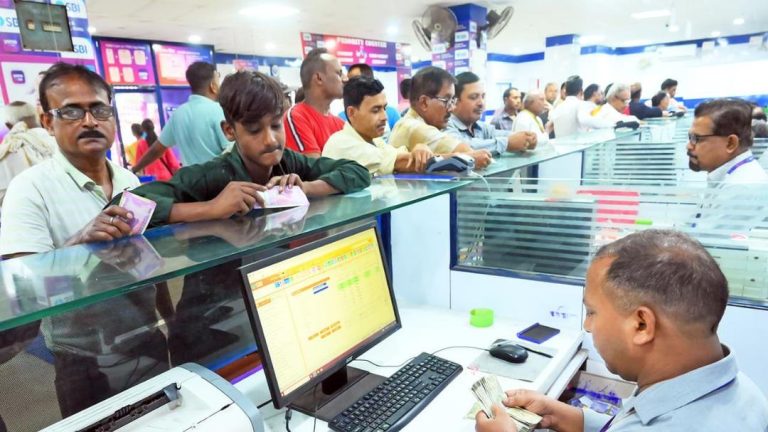
₹1,000 cr quantum tech hub plan unveiled in Karnataka
In a bold move to position itself as the hub of innovation in Asia, Karnataka has launched a ₹1,000 crore plan to become the “Quantum Capital” by 2035. This ambitious mission is anchored around a futuristic Q-City near Bengaluru, which will host a Quantum Hardware Park, provide support to over 100 startups, and offer 150 PhD fellowships. With global partnerships, quantum research, and chip-making facilities, Karnataka aims to create 2 lakh jobs and lead India’s tech future.
The “Quantum City” project is a testament to Karnataka’s commitment to embracing cutting-edge technology and fostering a culture of innovation. Located near Bengaluru, the hub will be a hub for quantum research, development, and commercialization. The project is expected to attract top global talent, startups, and industries, generating a multiplier effect on the state’s economy.
The Q-City will be built on a 100-acre plot and will be a self-sustaining ecosystem, complete with infrastructure, facilities, and services. The hub will focus on developing quantum hardware and software, as well as providing a conducive environment for startups to grow and scale. The state government has allocated ₹500 crore for the development of the Q-City infrastructure, with the remaining ₹500 crore being used to fund research and development initiatives.
One of the key components of the Q-City is the Quantum Hardware Park, which will be a first-of-its-kind facility in India. The park will be a hub for quantum computing, artificial intelligence, and machine learning, with facilities for design, development, and testing of quantum hardware. The park will also have a quantum computing center, a quantum simulation lab, and a quantum networking lab.
Karnataka aims to support over 100 startups in the quantum technology space, providing them with funding, mentorship, and access to research facilities. The state government has allocated ₹100 crore for startup support, including funding for research and development, product development, and scaling up.
The Q-City will also offer 150 PhD fellowships to students pursuing research in quantum technology. The fellowships will be offered in collaboration with top global universities and research institutions, providing students with a unique opportunity to work with leading experts in the field.
Karnataka’s “Quantum City” project is expected to create 2 lakh jobs in the next 15 years, with a significant majority of these jobs being in the quantum technology sector. The project will also attract top global talent, industries, and startups, generating a multiplier effect on the state’s economy.
To achieve its ambitious goals, Karnataka plans to partner with global research institutions, industries, and startups. The state government has already partnered with top global institutions, including the University of Cambridge, the Massachusetts Institute of Technology (MIT), and the University of California, Berkeley.
Karnataka’s “Quantum City” project is expected to play a significant role in India’s emerging tech landscape. With the Indian government’s focus on emerging technologies like AI, blockchain, and quantum computing, Karnataka’s initiative is likely to attract global attention and investment.
In conclusion, Karnataka’s ₹1,000 crore quantum tech hub plan is a bold move to position the state as Asia’s “Quantum Capital” by 2035. With its focus on quantum research, startup support, and job creation, the project is expected to generate a significant multiplier effect on the state’s economy and play a significant role in India’s emerging tech landscape.
Source: https://ascendants.in/business-stories/karnataka-quantum-city-investment-2025/




